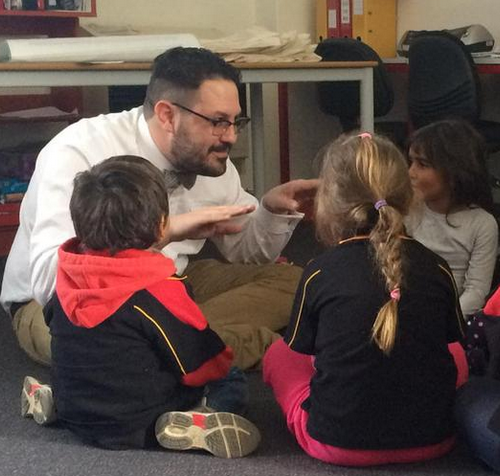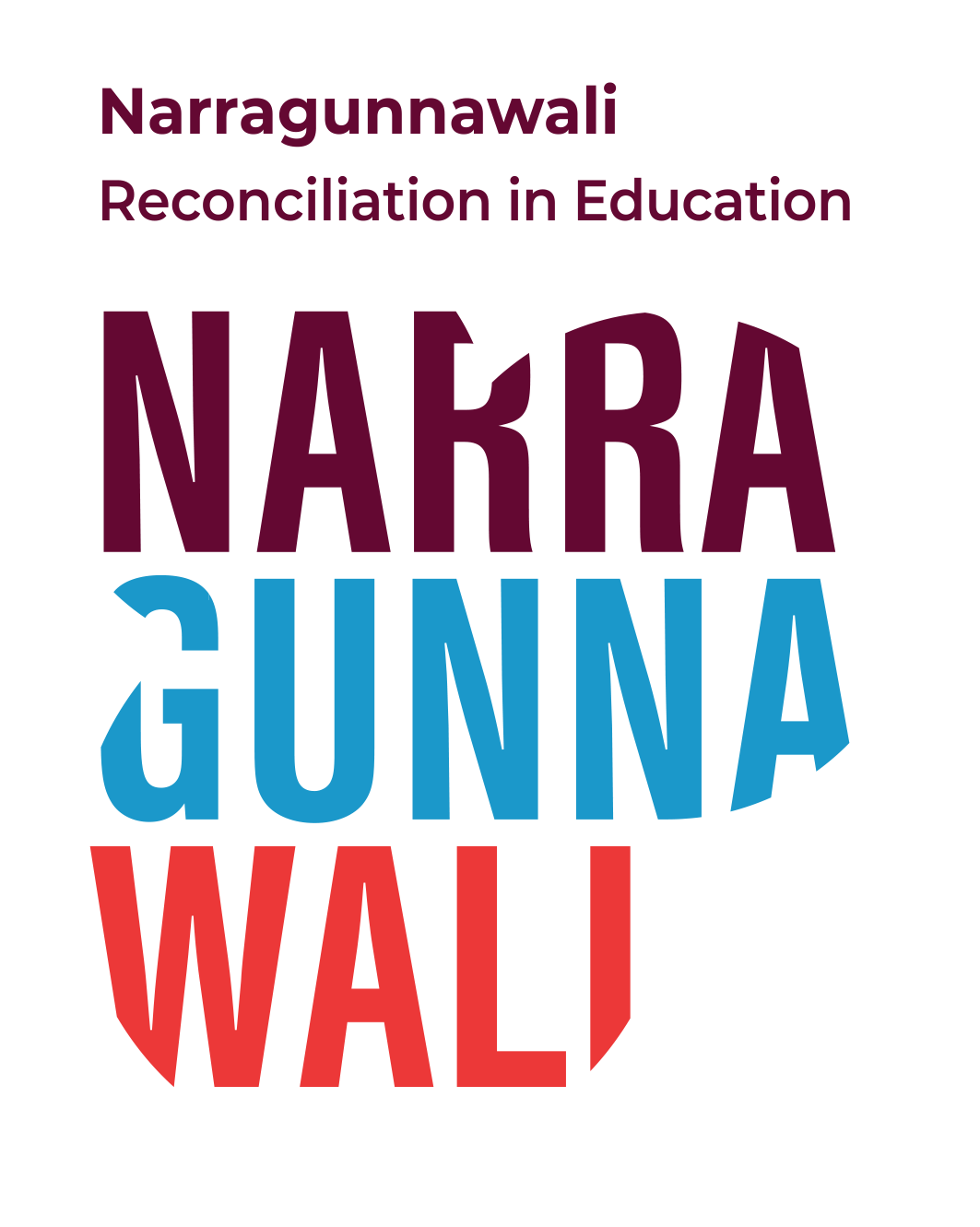Having Aboriginal and Torres Strait Islander voices in learning environments is vital when teaching about Aboriginal and Torres Strait Islander histories and cultures. This is especially meaningful when learning about your local area.
Non-Indigenous people may not have the authority to speak about certain parts of Aboriginal and Torres Strait Islander histories and cultures. They can’t speak for or about Aboriginal and Torres Strait Islander people’s experiences. Aboriginal and Torres Strait Islander voices must be included in these learning experiences.
Aboriginal and Torres Strait Islander people can advise on how their voice is included. They can also guide non-Indigenous teachers and educators to include Aboriginal and Torres Strait Islander perspectives respectfully and appropriately.
There are often already Aboriginal and Torres Strait Islander people working in education settings, such as teachers, educators, administrative staff or Indigenous Education Workers (IEW). First Nations teachers should not be expected to share their stories or unfairly shoulder the load of reconciliation in their school communities. Aboriginal and Torres Strait Islander parents, family and others in the community may also want to contribute to learning activities.
It’s also important to acknowledge educational settings outside of the school or service as places of teaching and learning, and that the ‘classroom’ shouldn’t be isolated to a single fixed location.
Many Aboriginal and Torres Islander people have unique skills and knowledge to share with students and children. Spending time getting to know your community can lead to sharing experiences and skills and developing genuine relationships.
Students and children will also enjoy getting to know and learning from new people.
Aboriginal and Torres Strait Islander voices can be present in the learning environment in person or in many innovative ways, including:
- Video conferences
- Live webinars
- Digital tours
- Pre-recorded webinars, videos or podcasts
- Stories or articles written by Aboriginal and Torres Strait Islander people.
For example, Sydney Opera House’s free-to-register Guwanyi Walama: Aboriginal Perspectives of Bennelong Point experience.


